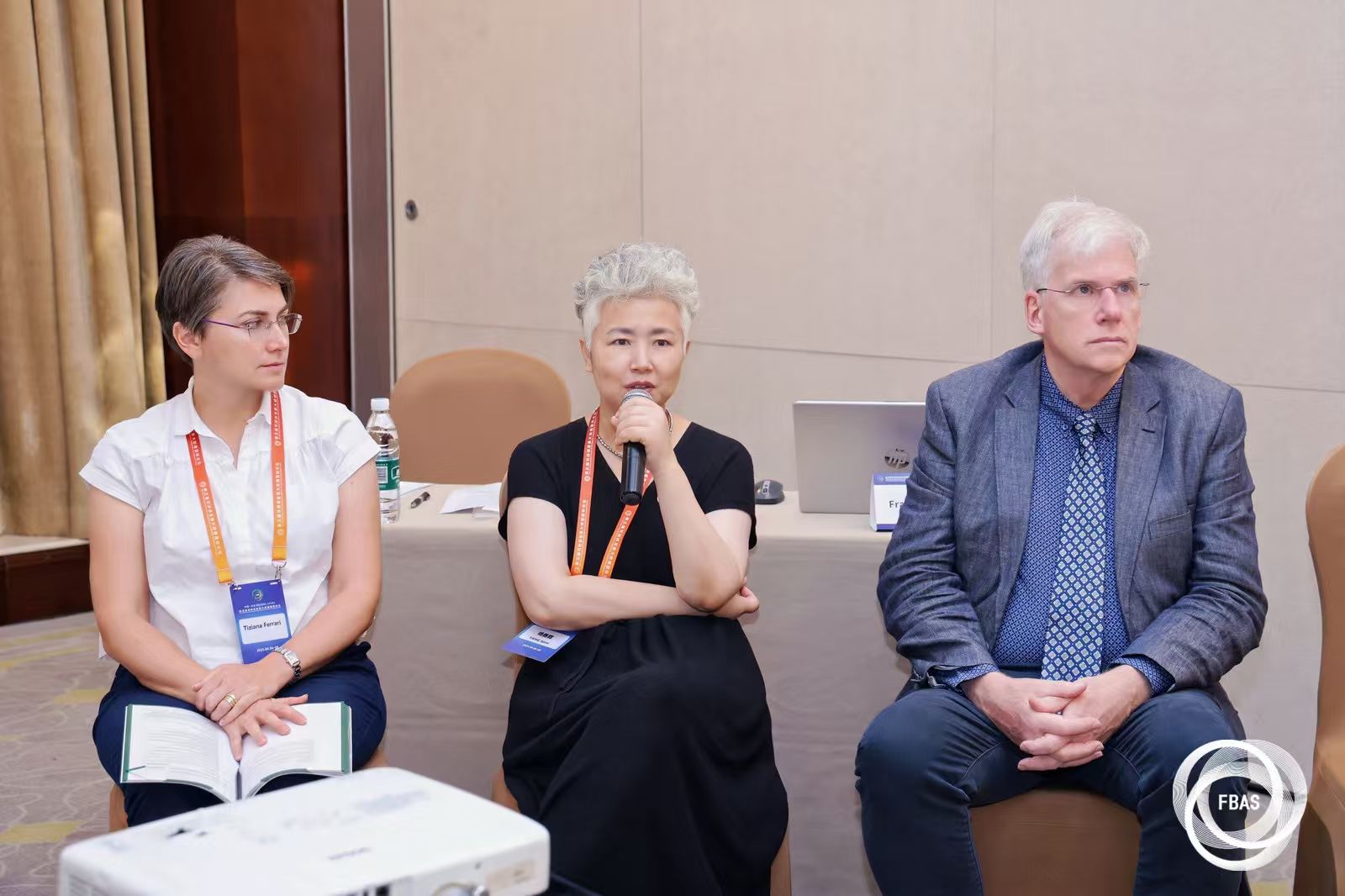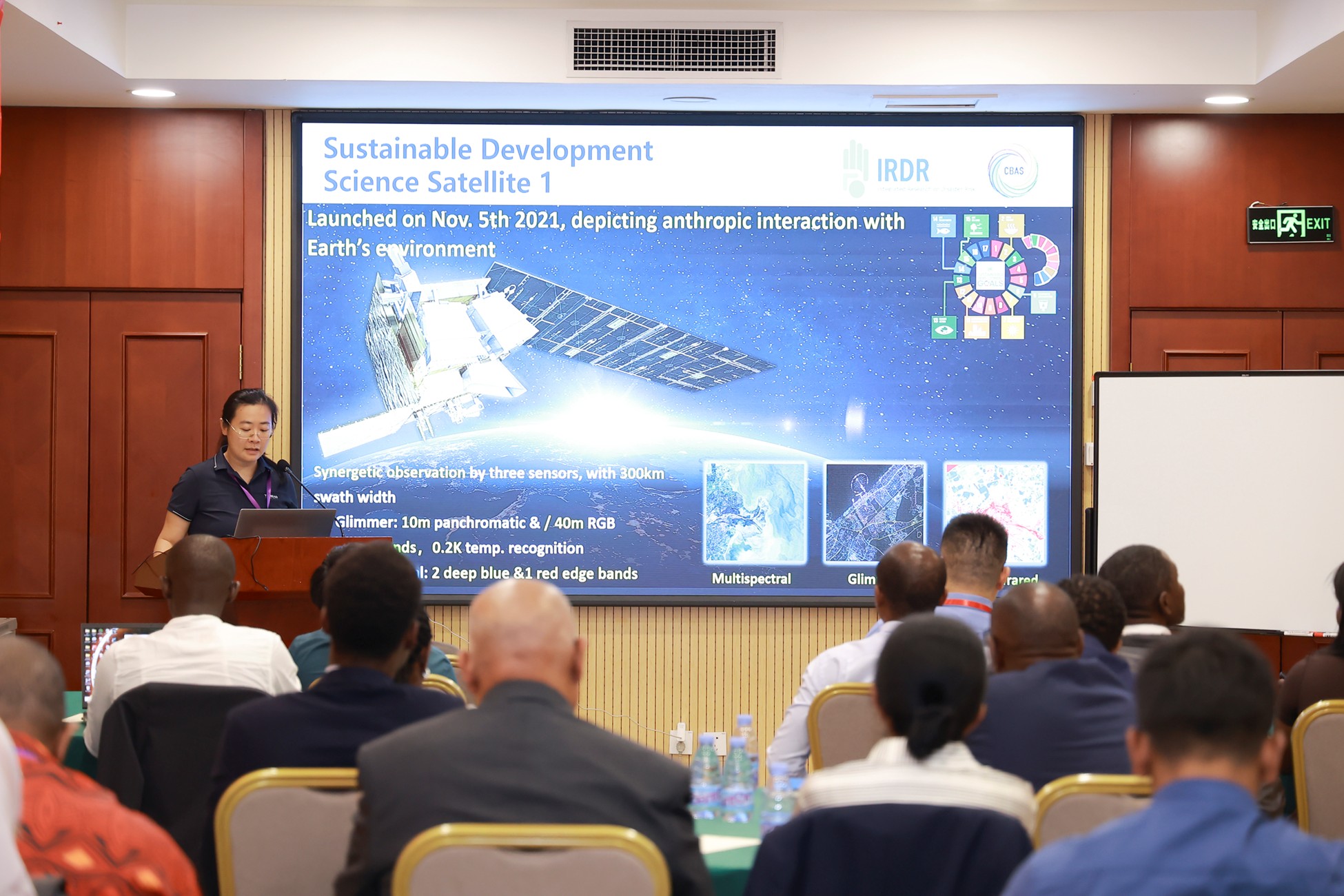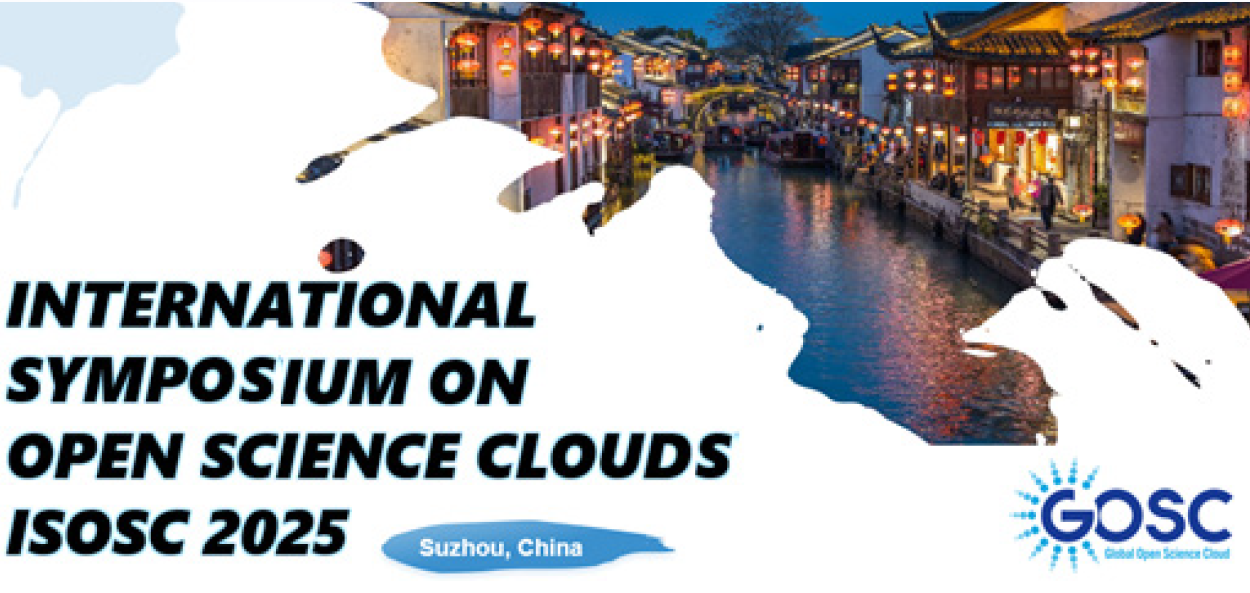The ISC Governing Board has issued a statement to underscore the urgent need to protect and strengthen global cooperation in science.
Science is a special form of globally shared knowledge which the world needs more than ever in addressing the challenges that all face. The international collaboration that is at its heart has been created over many decades, but is now vulnerable and fragile. Given the enormous importance of science to national and global wellbeing, the International Science Council appeals to all decision makers to ensure that the principles of science and its institutions are protected, and that international scientific cooperation is maintained and ideally strengthened.
Over the past 200 years, science has played a major role in improving the quality of human life, fostering economic growth, and deepening broader understanding of nature and society. All nations use science to advance their interests—through health, social progress and economic development. Much of this national benefit is achieved through significant investments in research, including by the private sector and philanthropies, and via collaborations within the global scientific community—for knowledge transcends national boundaries. This collective approach has become more critical given existential threats to planetary and societal health that we now face.
Science also plays an important role in nations advancing their economic, security, and geostrategic goals. The increasingly used policy mantra of science being “as open as possible and as closed as necessary” must not be extended beyond legitimate need.
Science has both contributed to, and exposed, the issues of the impact of humans and their technologies on the planet at every level, from local to global. Over the last few decades, nations and their scientists have collaborated to identify, seek to mitigate, and adapt to these risks. That collaboration has often transcended geostrategic tensions because it is in every nation’s own vested interest to protect the global commons.
What underpins all sciences is a set of principles based on empiricism, transparency, quality assurance and openness that allow science to be a universal system of knowledge. However, the application of scientific knowledge is rightfully determined by the societies in which it is embedded. Scientific communities are right to be concerned about the forces that are challenging them. International scientific collaboration must continue; the responsibility for sustaining research must be more equitably shared — not only to safeguard scientific outcomes, but because nations that invest in and support science also grow from its many benefits. Ignoring science increases the risks to the global commons. Scientific cooperation promotes peaceful dialogue among countries.
For its part, the scientific community must remain true to its core principles but must be more closely and meaningfully connected to society. The contract between science and society must be continually renewed allowing science to make essential contributions to peace, security and well-being.
As the global NGO mainly comprising scientific unions, associations and academies, the ISC is committed to our vision of science as a global public good. We call upon all sectors of society to recognize that the free and responsible practice of science is a community endeavour crucial to the advancement of all humanity.





